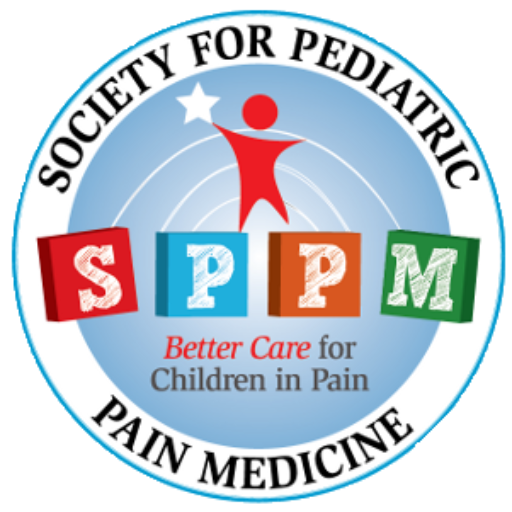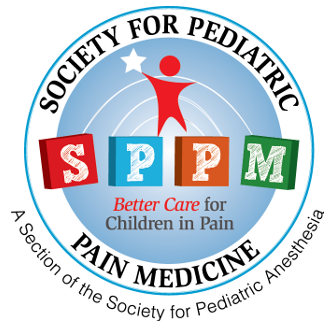1st Pain360 Congress

1st Pain360 Congress 1 – 3 December 2021 Austria, Vienna pain-360.org Pain360 is an innovative, multidisciplinary medical event, covering contemporary, holistic techniques and approaches to pain management and treatment, taught by experienced experts at the top of their field. The Congress will include practical workshops, hands-on training and scientific sessions discussing the lastest innovations […]
Pediatric Patients Need Appropriate Pain Management After Surgery

Drs. Rita Agarwal, Vidya Chidambaram and Stephen Hays were featured in an article and podcast on the well known KevinMD platform regarding JAMA Surgery’s published guidelines on opioid use for acute pain management. CLICK HERE to review these guidelines and letter to the editor. CLICK HERE for the podcast.
Usage of Nonpharmacological Complementary and Integrative Medicine in Pediatric Sedation

YC Lin – Springer CLICK HERE to read the article.
Usage of Complementary and Alternative Medicine in Pediatric Sedation

YC Lin – Pediatric Sedation Outside of the Operating Room, – Springer CLICK HERE to read the article.
Psychiatric Considerations in Pediatric Chronic Pain

Psychiatric Considerations in Pediatric Chronic Pain By Souraya Torbey, MD; Gaëlle Rached, MD, MSc; Dimitri Fiani; M-Irfan Suleman, MD, FAAP, FASA Dr. Suleman, an active member of our Society, was recently published in the ASA Monitor, a publication of the American Society of Anesthesiologists, reviewing the psychiatric co-morbidities that are often seen in pediatric […]
